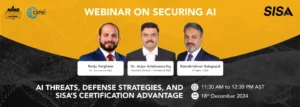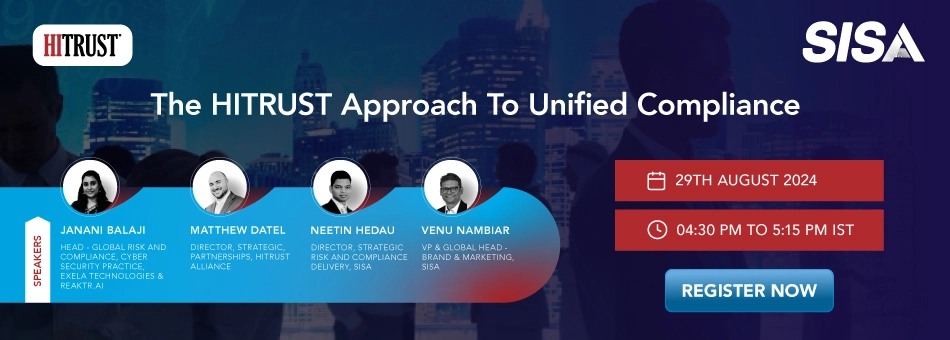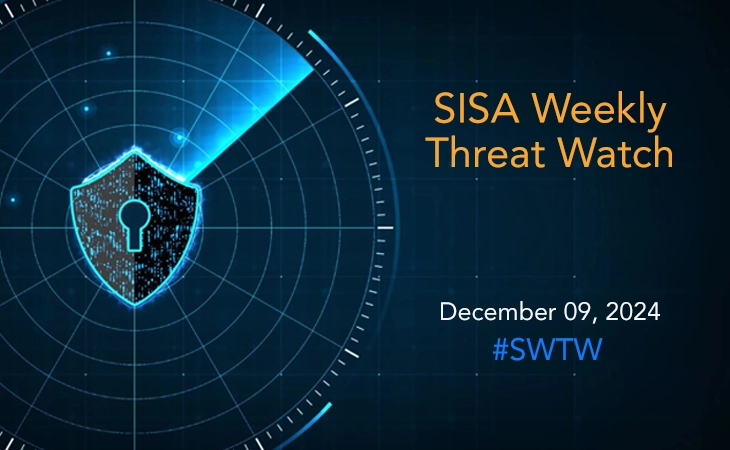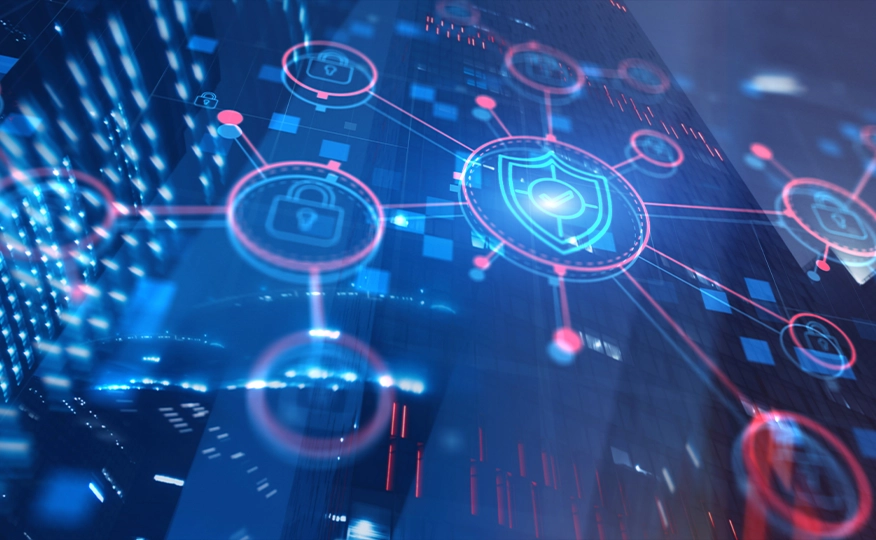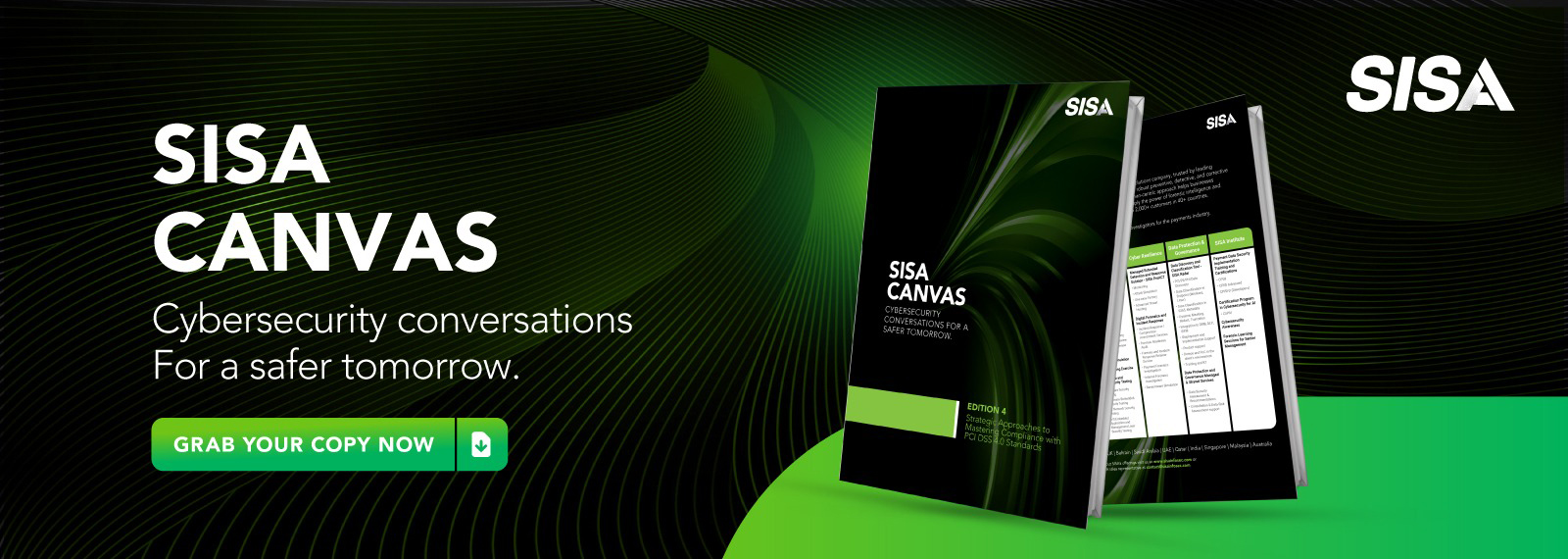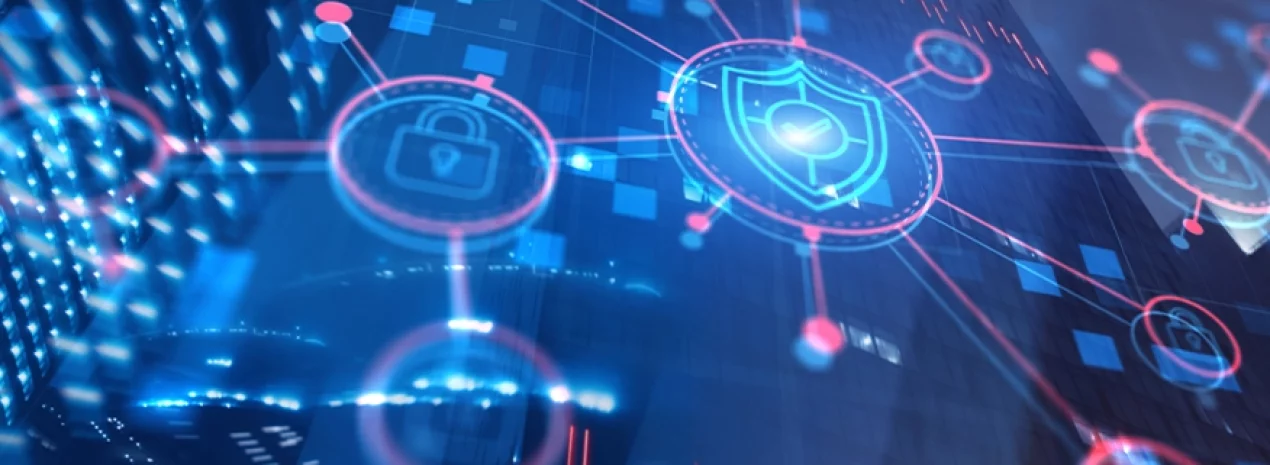
What is ISO 27001? Information Security Management Standard
In today’s digital age, protecting sensitive information is more critical than ever. With cyber threats becoming increasingly sophisticated, organizations need a comprehensive framework to safeguard their information assets. This is where ISO 27001 comes in. Recognized as the leading international standard for information security management, ISO 27001 provides organizations with a structured approach to protect the confidentiality, integrity, and availability of their data.
What is ISO 27001?
ISO/IEC 27001 is part of the ISO 27000 family of standards, which focuses on information security management. It specifies the requirements for establishing, implementing, maintaining, and continually improving an Information Security Management System (ISMS). An ISMS is a set of policies, procedures, and controls that systematically manage information security risks.
The standard is not industry-specific, making it applicable to organizations of all sizes and sectors. Whether it’s a small business or a multinational corporation, ISO 27001 helps organizations protect their sensitive information, comply with regulatory requirements, and build trust with stakeholders.
Key Features of ISO 27001
Risk-Based Approach: ISO 27001 emphasizes a risk management approach. Organizations identify, assess, and treat risks associated with their information assets.
Annex A Controls: The standard provides 93 controls grouped into four categories: organizational, people, physical, and technological.
Global Recognition: Certification to ISO 27001 is recognized worldwide as proof of an organization’s commitment to information security.
Integration-Friendly: ISO 27001 follows Annex SL, a common structure for ISO standards, making it easier to integrate with other standards like ISO 9001 (Quality Management) and ISO 22301 (Business Continuity).
Benefits of ISO 27001 Certification
Achieving ISO 27001 certification offers several advantages:
Enhanced Security: Protect sensitive information from unauthorized access, breaches, and data theft.
Regulatory Compliance: Align with global data protection laws like GDPR and HIPAA.
Customer Trust: Demonstrate commitment to security, fostering trust among customers and partners.
Market Advantage: Gain a competitive edge by showcasing your compliance with an internationally recognized standard.
Operational Efficiency: Streamline processes and reduce redundancies in managing security risks.
Steps to Implement ISO 27001
Understand the Standard: Familiarize yourself with the requirements of ISO 27001, including its ten clauses and Annex A controls.
Define ISMS Scope: Determine which parts of the organization and information assets the ISMS will cover.
Conduct Risk Assessment: Identify potential threats, assess their impact, and implement appropriate controls.
Develop Policies and Procedures: Create documentation to support the ISMS, including an information security policy.
Employee Training: Raise awareness and ensure employees understand their roles in maintaining information security.
Internal Audit: Conduct regular audits to evaluate the effectiveness of the ISMS.
Certification Audit: Engage an accredited certification body to assess your ISMS and issue a certificate if it meets the standard’s requirements.
ISO 27001 in Practice: Real-World Applications
1. Regulatory Compliance
Organizations in highly regulated industries, such as finance and healthcare, use ISO 27001 to demonstrate compliance with laws like GDPR, HIPAA, and the NIS Directive.
2. Cloud Security
With the growing adoption of cloud technologies, ISO 27001’s controls help organizations secure their cloud environments, ensuring data integrity and preventing unauthorized access.
3. Supply Chain Security
ISO 27001 requires organizations to assess and manage risks associated with third-party suppliers, strengthening the security of the entire supply chain.
4. Business Continuity
ISO 27001 aligns with ISO 22301 (Business Continuity) to ensure organizations can recover quickly from disruptions while maintaining information security.
Conclusion
ISO 27001 is more than just a standard—it’s a comprehensive approach to managing information security risks in an ever-evolving threat landscape. By implementing ISO 27001, organizations can protect their sensitive information, comply with regulatory requirements, and build trust with stakeholders.
Achieving ISO 27001 certification is a strategic investment that not only safeguards your data but also positions your organization as a trusted and reliable partner in today’s digital economy. Whether you’re a small business or a global enterprise, embracing ISO 27001 can lead to enhanced security, operational efficiency, and long-term success.
FAQs
1. What is the purpose of ISO 27001?
The purpose of ISO 27001 is to provide organizations with a systematic framework to manage and protect their information assets against risks, ensuring data confidentiality, integrity, and availability.
2. What is an ISMS?
An ISMS (Information Security Management System) is a set of policies, procedures, and controls designed to protect information assets and manage security risks systematically.
3. Why is ISO 27001 certification important?
ISO 27001 certification demonstrates your organization’s commitment to information security, enhances customer trust, and helps meet regulatory requirements.
4. How does ISO 27001 address emerging cybersecurity challenges?
ISO 27001:2022 introduces updated controls to address modern challenges like cloud security, secure coding, and threat intelligence.
5. Is ISO 27001 applicable to all industries?
Yes, ISO 27001 is industry-agnostic, making it suitable for organizations of all sizes and sectors, including finance, healthcare, technology, and government.
6. What are the new controls in ISO 27001:2022?
The latest version adds 11 controls, focusing on emerging areas like threat intelligence, ICT readiness, and data leakage prevention.
7. How long does it take to achieve ISO 27001 certification?
The timeline varies depending on the organization’s size, scope, and existing processes but typically ranges from 3 to 12 months.
8. What’s the difference between ISO 27001 and ISO 27002?
ISO 27001 specifies the requirements for an ISMS, while ISO 27002 provides detailed guidance on implementing the controls listed in ISO 27001.
Latest
Blogs
Whitepapers
Monthly Threat Brief
Customer Success Stories
 USA
USA India
India APAC
APAC Middle East
Middle East Global
Global


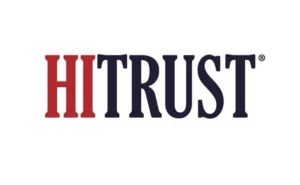
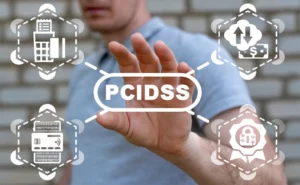
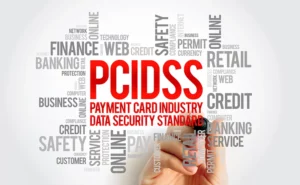

 Facebook
Facebook Linkedin
Linkedin  X
X Youtube
Youtube
